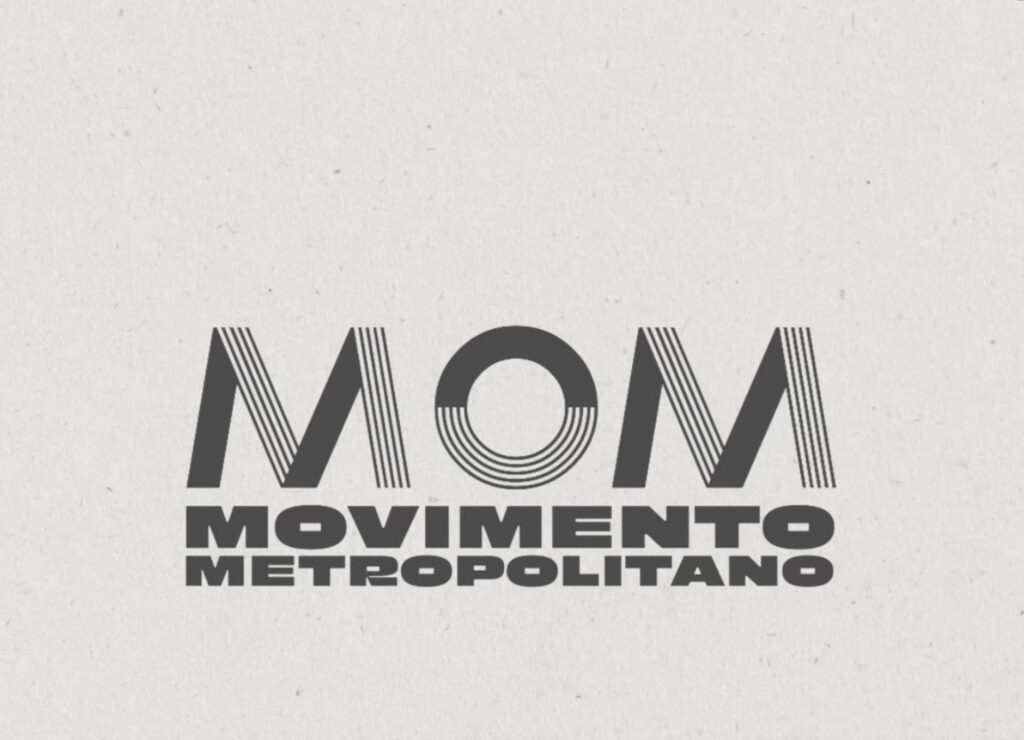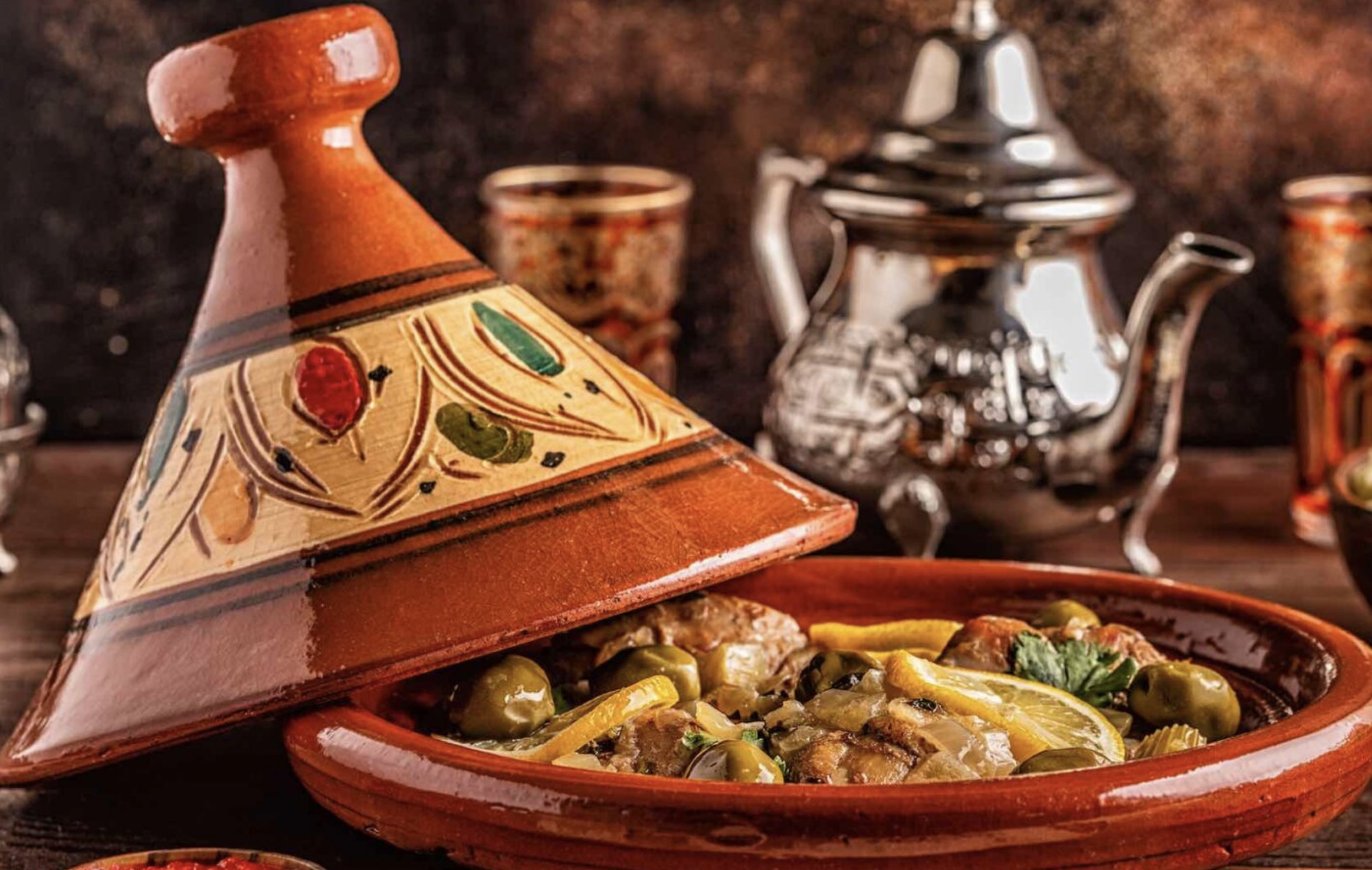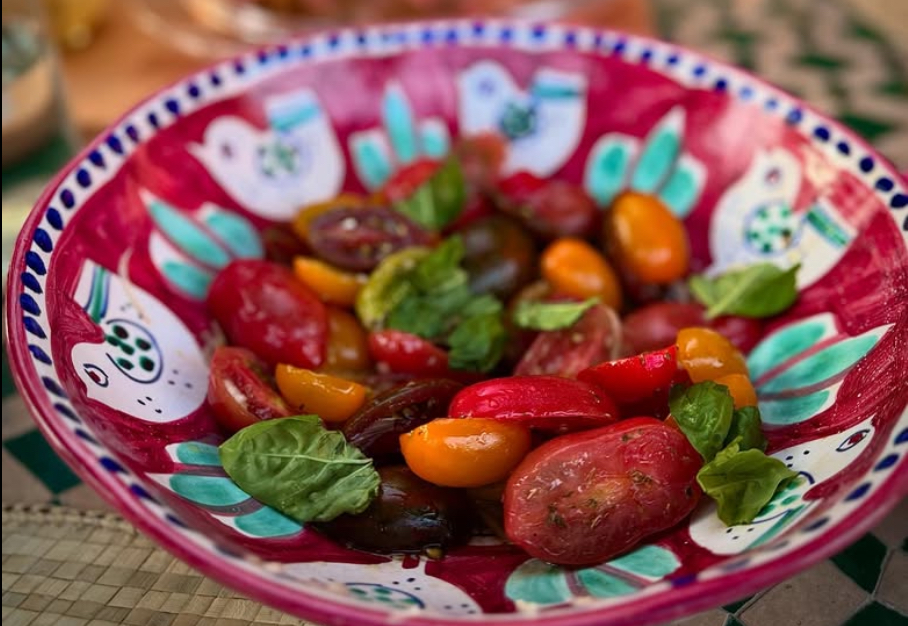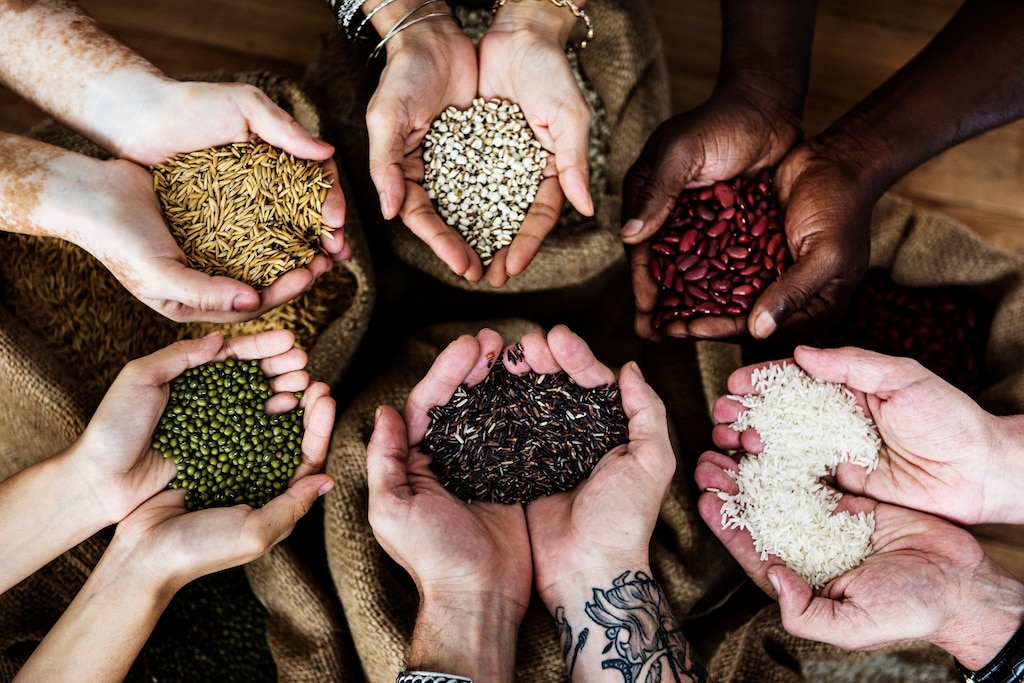MoM explores food anthropology. We often talk about the journey of food ‘from farm to fork’, but what about the journey of human ingenuity, ‘from earth to hearth’?
Tracing ingredients is one thing, connecting the silent language of the artisan’s hands across continents and millennia directly to the food on your plate is another. Think of it … when you bite into a slow-fermented sourdough, you’re not just tasting grain and yeast. You’re tasting the echoes of Neolithic ingenuity, the same patient wisdom that shaped the first ceramic pot to bake bread. That pot, just like the oven, was born from a intuitive understanding of earth, heat, and transformation – a language spoken by the hands of Berber women crafting clay, or Native American potters honouring the soil.
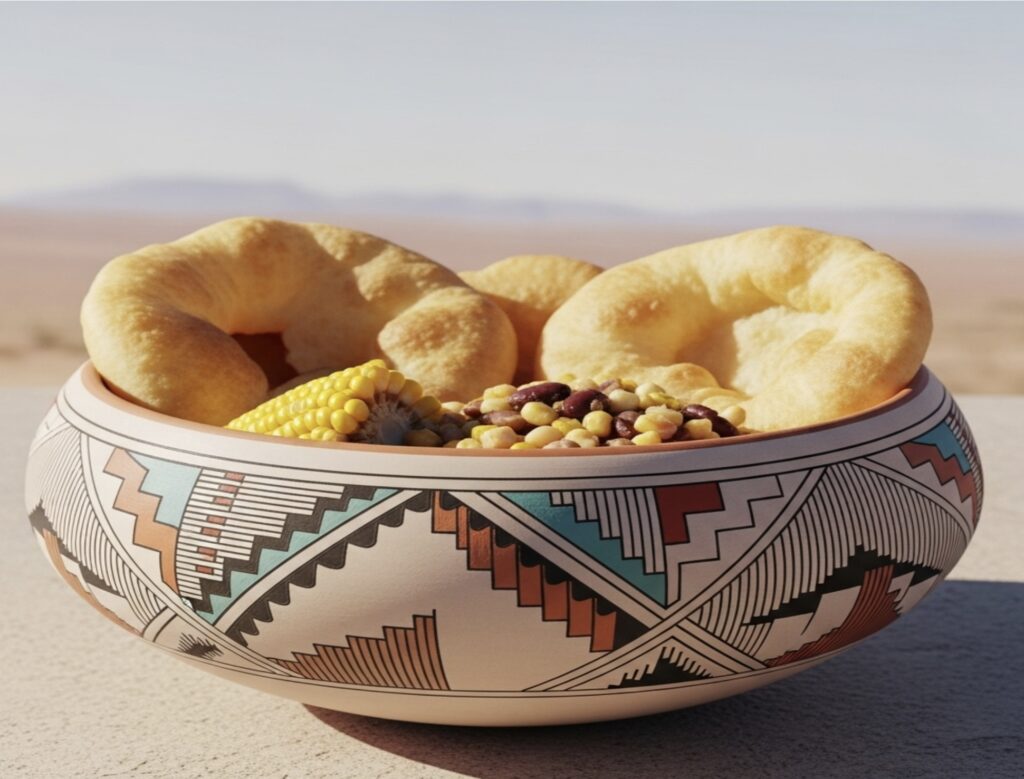
When you savour a vibrant Italian dish, the ceramic plate beneath it isn’t just a vessel …
It’s a flash of Renaissance brilliance, a lineage of majolica artistry that taught us how beauty and sustenance are inseparable. Recognising that the very concept of dining as an experience – rather than just consumption – emerged from our shared human desire to make everyday things special.
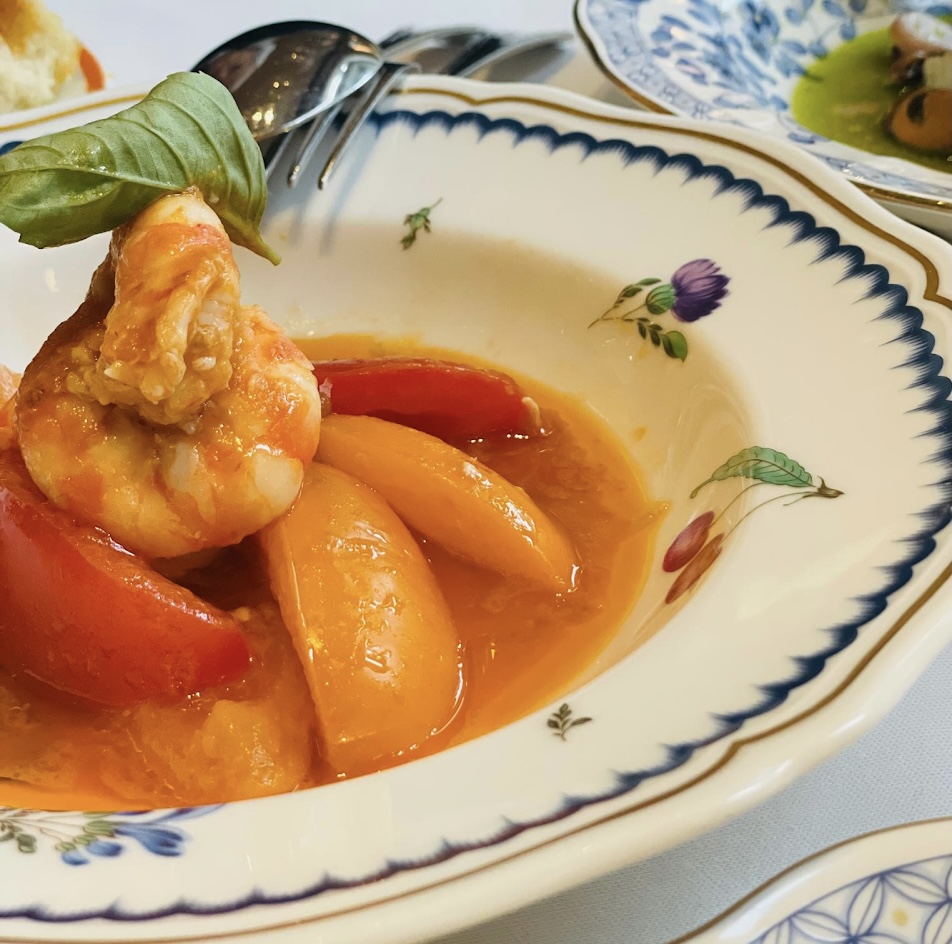
And that exquisitely simple Japanese bowl, holding a delicate broth?
It whispers of Wabi-Sabi, of embracing natural imperfection and profound respect for the source. That quiet philosophy, born in ancient kilns, now guides our approach to sourcing ingredients, celebrating their natural forms, and appreciating the precise, mindful preparation that honours both the food and the hands that prepare it. This is the ‘less is more’ approach, refined over centuries of craft.

Movimento Metropolitano sees food anthropology as the unbroken thread between the earliest human acts of making and the joy on your plate today.
This is the invisible hand of history, innovation, and artistry, making every meal a meaningful, delicious conversation. It’s not just what you eat—it’s remembering how humanity has been shaping our world, for millennia, and for us.
